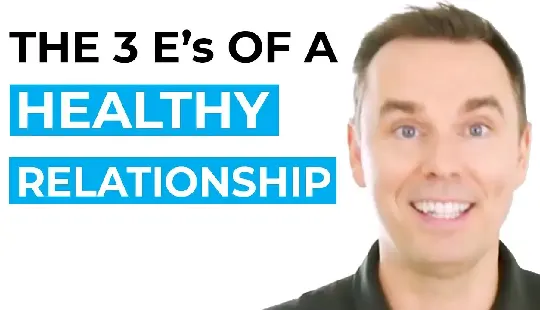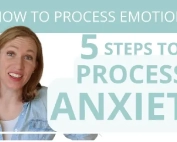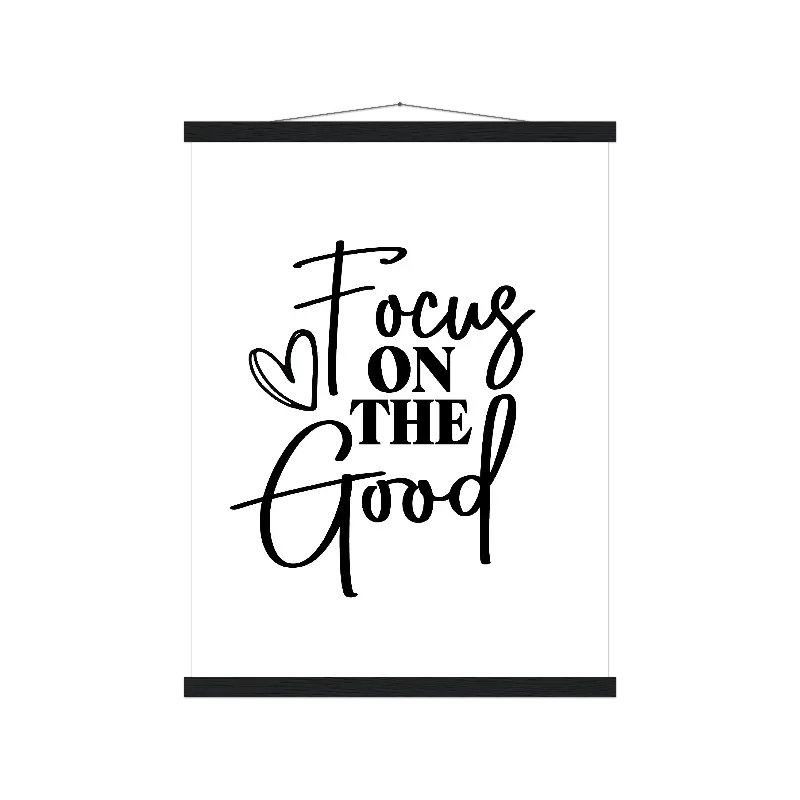Handling Toxic and Negative People in Your Life | Marisa Peer
Description: This video is a comprehensive guide by Marisa Peer, a renowned therapist, on how to deal with narcissists and the concept of toxic positivity. Marisa Peer is known for her insightful and empathetic approach to mental health and interpersonal relationships. In this video, she shares her wisdom on these two complex topics, providing viewers with practical advice and strategies.
Here are the key takeaways from the video:
Dealing with Narcissists:
-
Understanding Narcissists (Timestamp: 0:00 – 3:00): Narcissists believe there’s nothing wrong with them and everything is wrong with everyone else. They are difficult to deal with because they don’t want advice and don’t question their behavior.
-
Don’t Try to Change Them (Timestamp: 3:01 – 6:00): You can’t change a narcissist. They will always do what they’ve done, and you have to do something differently. The decision to not let in destructive criticism can change your life.
-
Dealing with Narcissistic Parents or Partners (Timestamp: 6:01 – 9:00): If you are living with a covert narcissist, everything is your fault. Everything is wrong with you. Nothing you’re going to do will ever make your narcissistic partner or parent get better because there’s nothing wrong with them, and everything is wrong with you.
-
Advice for Those Dating a Narcissist (Timestamp: 9:01 – 12:00): If you’re dating a narcissist, the best advice is to leave. Never let a narcissist parent your children because they will always be wrong.
Toxic Positivity:
-
Understanding Toxic Positivity (Timestamp: 12:01 – 15:00): Toxic positivity is not listening to someone’s grief, not hearing someone’s pain, and not saying, “That sounds awful. What can I do?” It’s when someone is ill or worried, and you dismiss their feelings with phrases like, “You’ll be fine,” or, “I know how you feel.”
-
Avoiding Toxic Positivity (Timestamp: 15:01 – 18:00): When someone shares their worries or feelings with you, listen and be present with them. Don’t try to fix their problems or shut them down. Let them vent or share their worries without judgment.
-
Dealing with Toxic Positivity in Others (Timestamp: 18:01 – 21:00): If you think a friend, colleague, or family member is a hypochondriac or an excessive worrier, don’t dismiss their feelings with positive thinking. Instead, empathize with them, understand where they’re coming from, and gently introduce them to positive thinking.
Remember, empathy, understanding, and maintaining your emotional boundaries is key to dealing with both narcissists and toxic positivity.
DISCLAIMER: Information provided is for general purposes only. Seek professional advice. We do not endorse products or guarantee the accuracy of external links. Watch at your own risk. Subject to change.














